
What Do I Need To Know Before Buying A Laser Engraver?
In recent years, laser engravers have gained immense popularity in the United States due to their remarkable versatility, precision, and efficiency in various industries and personal projects. Whether you're a hobbyist, a small business owner, or part of a large manufacturing company, investing in a laser engraver can truly elevate your projects to new heights. However, with the abundance of options available in the market, it can be quite a challenge to find the perfect laser engraver that suits your specific needs. In this comprehensive guide, we'll walk you through essential factors to consider before purchasing a laser engraver, ensuring you make a well-informed and satisfying decision.
Laser Engravers: Unraveling the Technology and Its Precision Workings
A laser engraver is a digitally controlled device that precisely engraves patterns onto various materials. It's a highly efficient method of subtractive manufacturing that alters the material's surface using laser light. This process is commonly employed to create visible images on different materials.
To achieve this, the laser engraver generates intense heat with a laser beam, vaporizing particles on the material's surface to create engravings. This exposes cavities in the material, resulting in the final image. The laser marks the object's surface, and the movement of the laser determines the depth of the marks, making the process fast and accurate.
There are several types of laser engravers, including those with a stable workpiece where the laser moves alone or vice versa. Some machines are specially designed for engraving cylindrical items. Additionally, some laser engravers use galvano mirrors to move the laser on the object's surface during the engraving process.
It's important to note that laser engraving is distinct from traditional hand engraving or mechanical methods, which use diamonds or extremely hard objects to carve materials. Laser engraving, on the other hand, relies on the heat energy of the laser for precise and delicate results.
Laser engravers are widely used for their high precision and speed. Compared to traditional manual methods, laser engraving produces finer details and offers numerous advantages, making it an excellent alternative to conventional techniques. Whether in industrial settings, crafting, or personalization, laser engravers are a preferred choice for their efficiency and ability to deliver intricate and impressive engravings.
Types of Laser Engravers: Unraveling Their Versatility
Laser engravers come in three main types, distinguished by the laser source they utilize:
2.1 CO2 Laser Engravers: Among the most common, CO2 laser engravers excel in working with materials like wood, acrylic, glass, and certain plastics. Their versatility makes them suitable for a wide array of applications.
2.2 Fiber Laser Engravers: Specifically designed for metal and certain plastics, fiber laser engravers deliver precise and enduring markings, making them popular in industrial settings for product branding and metal engraving.
2.3 Diode Laser Engravers: Ideal for smaller-scale and portable applications, diode laser engravers proficiently handle materials like leather, paper, and select plastics.
Understanding these different types of laser engravers empowers you to select the one that perfectly aligns with your project requirements.
Factors to Consider When Buying a Laser Engraver
Investing in a laser engraving machine requires careful consideration of several crucial factors. Here are the key considerations to keep in mind:
Types of Engraving Materials:
Start by determining the materials you plan to work with, such as metal, acrylic, paper, plastic, or wood. Not all engraving machines are compatible with every material. Additionally, consider the size of the area you need to engrave, as some machines are designed for larger projects, while others are better suited for smaller-scale applications. Clarifying whether you need the machine for DIY home use or professional purposes will also guide your decision-making process.
Accuracy:
Machine accuracy is influenced by various factors, including the machine's design type, spindle power, assembly proficiency, and drive mode (rack or lead screw). Generally, square devices exhibit higher accuracy than compass types, while higher spindle power typically leads to improved precision. Skillful assembly and better functioning machines often result in enhanced accuracy.
Maintenance:
Assess the maintenance requirements of the machine before making a purchase. Understanding the frequency of required maintenance and whether you can handle it yourself or need to hire a technician is crucial. Opt for equipment that is easy to repair and maintain to avoid potential business disruptions and unnecessary expenses.
Availability of Replacement Parts:
Ensure that readily available replacement parts are accessible in case the machine breaks down. Even with meticulous care, parts may require replacement over time. Having easy access to replacement components will prevent lengthy downtime and keep your operations running smoothly.
Budget Considerations:
Your budget is a critical factor when selecting an engraving machine. While price should not solely dictate quality, it is an important factor in your decision-making process. Consider the specific features and capabilities you require and allocate your budget accordingly. Investing more in a machine that can engrave on various materials might be worthwhile in the long run, as cheaper options might result in higher energy and maintenance costs.
Remember that engraver prices vary based on factors such as laser type, engraving material, area capacity, and laser power. Be mindful of these aspects while creating your budget to make an informed decision.
Conclusion
Purchasing a laser engraver is a momentous decision that can truly revolutionize your creative projects or business endeavors. To ensure you make the right choice, it's essential to understand your specific needs, the materials you'll be working with, and the intended applications of the machine. Additionally, consider several key factors, including power, speed, work area, software compatibility, safety features, and ongoing costs.
Thorough research, reading reviews, and comparing different models will empower you to make an informed decision that aligns perfectly with your budget and project goals. With a well-chosen laser engraver, you'll unlock a world of possibilities, allowing you to create stunning engravings and markings with precision and ease. This investment will undoubtedly propel your projects to new heights, bringing efficiency, creativity, and excellence to the forefront of your endeavors.
No comments










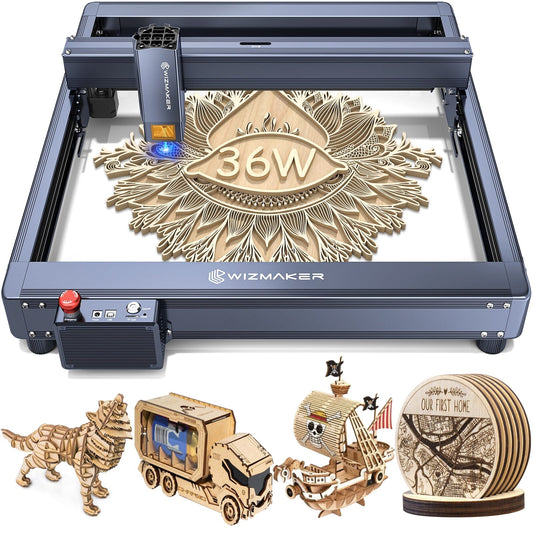
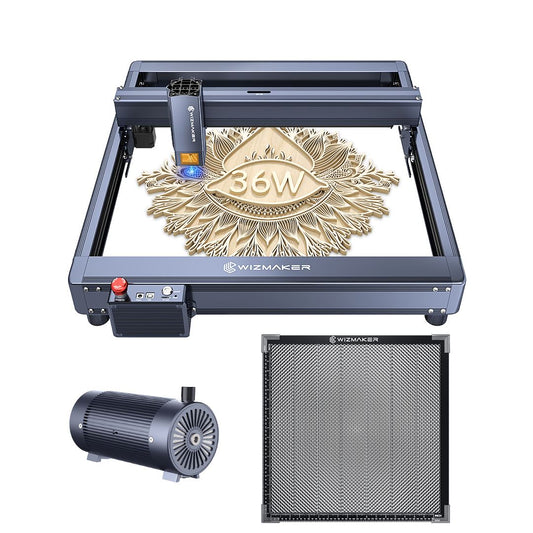
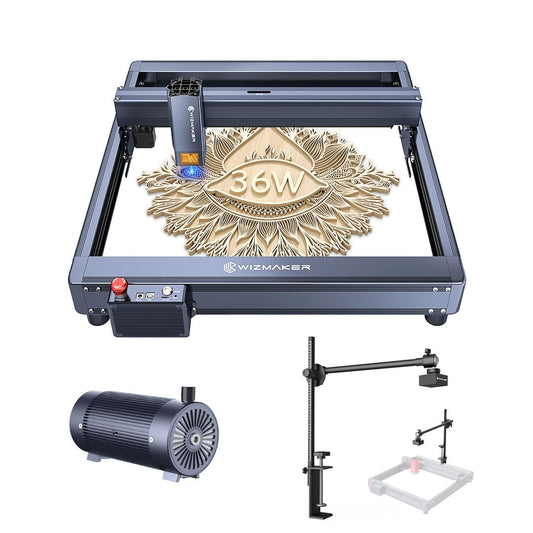
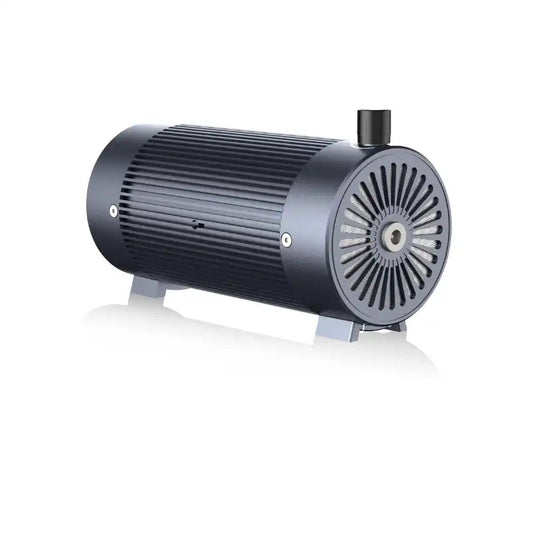
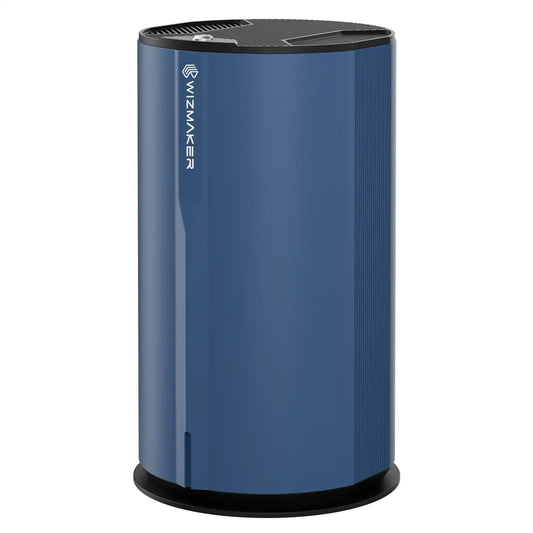



0 comments